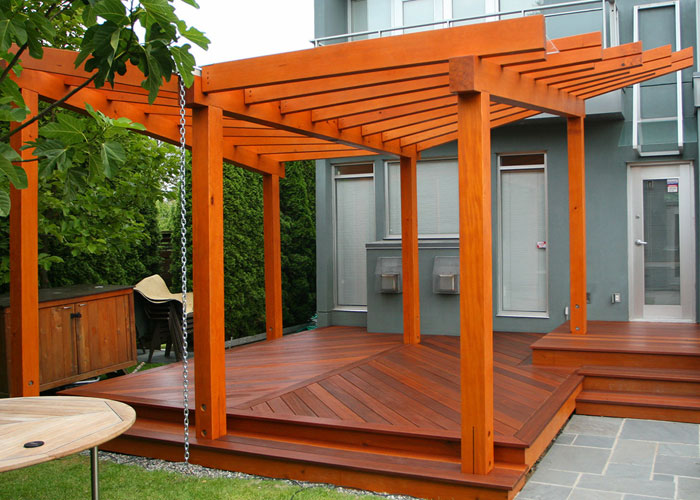Given the abundance of alternatives, selecting the correct type of timber for decks as well as pergolas may be confusing. Your selection will undoubtedly be heavily influenced by aesthetics; if you are looking for a specific colour or textured appearance, you have already significantly reduced your alternatives. But you can’t just choose your timber based on how it looks.
Wide varieties of timber have significant practical variations that might have negative effects on your decking or pergola, as well as make certain timber far more suited than others for specific applications. Here are a few factors you must think about, as suggested by the top decking pergola specialist in Marsden Park.

Softwood Or Hardwood?
In scientific terms, softwoods, as well as hardwoods, derive their name from whether the trees cover their seeds or just leave them to fall on the ground uncovered. Hardwoods are derived from deciduous trees, in addition to softwoods are derived from evergreens. Practically speaking, hardwoods age slowly but steadily and are found dense. Because of this, they are generally tougher than softwoods as well as more expensive.
Seasoned Or New Timber?
As per providers of decking pergola services in Sydney, the lifetime of the timber chosen will be significantly influenced by the age and seasoning of the timber. Usually, sawn timber is used in kilns for seasoning. Older timber is preferred if it is available since it will naturally lose moisture as well as season if left out again to air dry. Both hardwoods, as well as softwoods have a similar proportion of moisture, but hardwoods are far more challenging to season because of their density. Appropriately seasoning hardwoods require more work, which raises their cost.
Summing Up
The top experts helping with deck and pergola designs in Bella Vista suggest only picking the best-quality timbers for the deck and pergola that will make sure that your pergola and deck last more years than usually expected.
Comments
Post a Comment